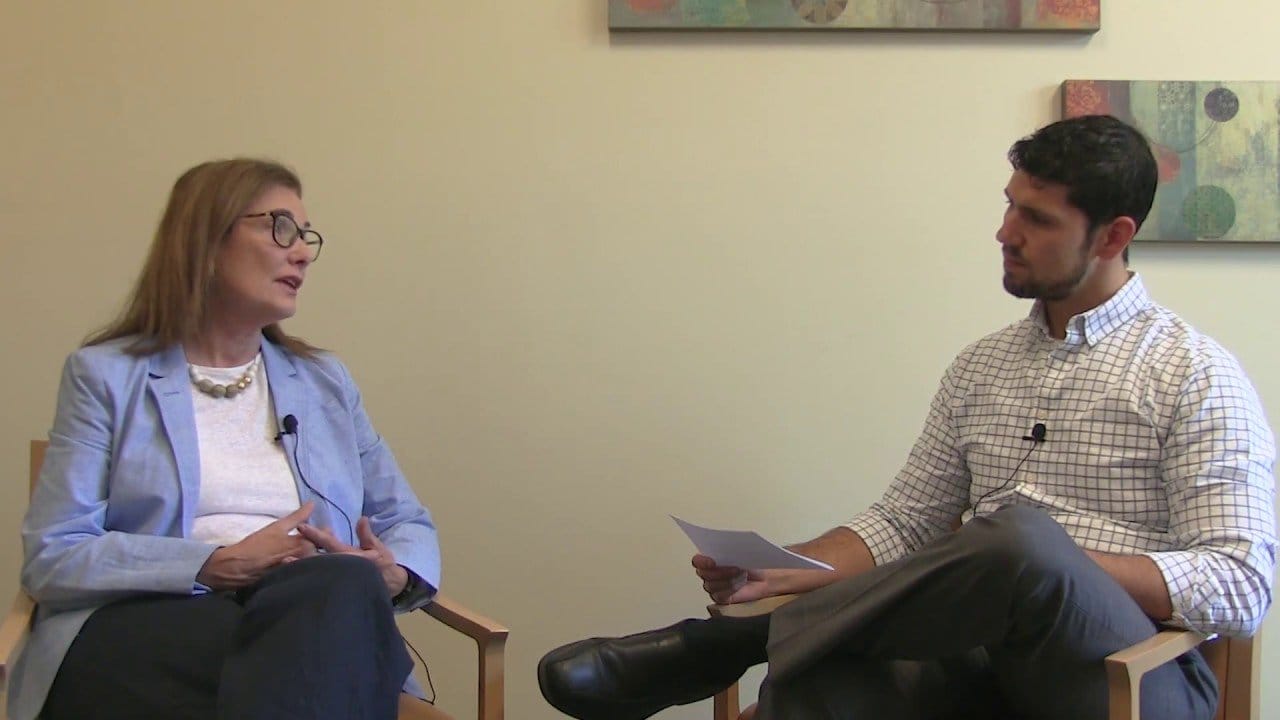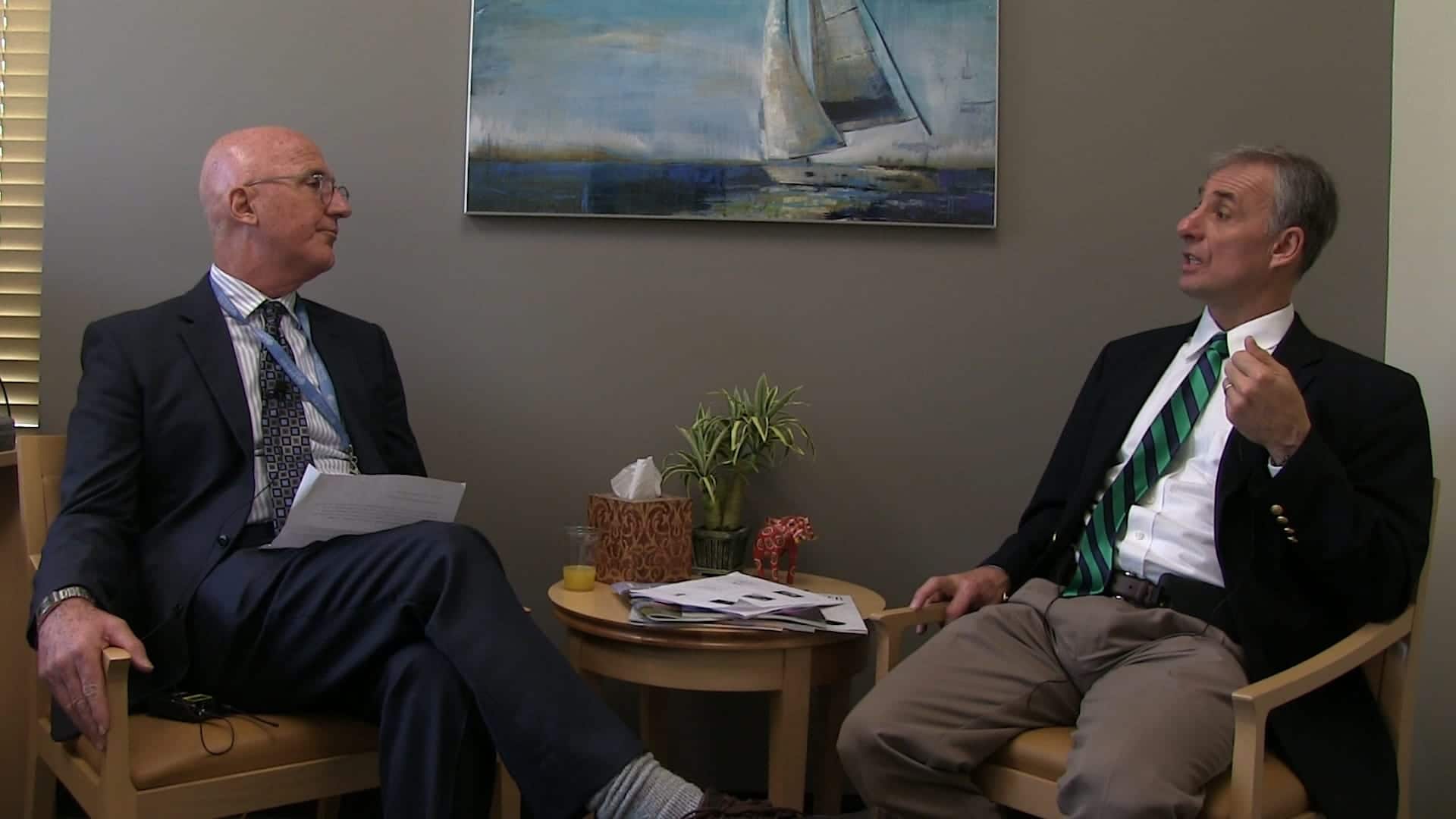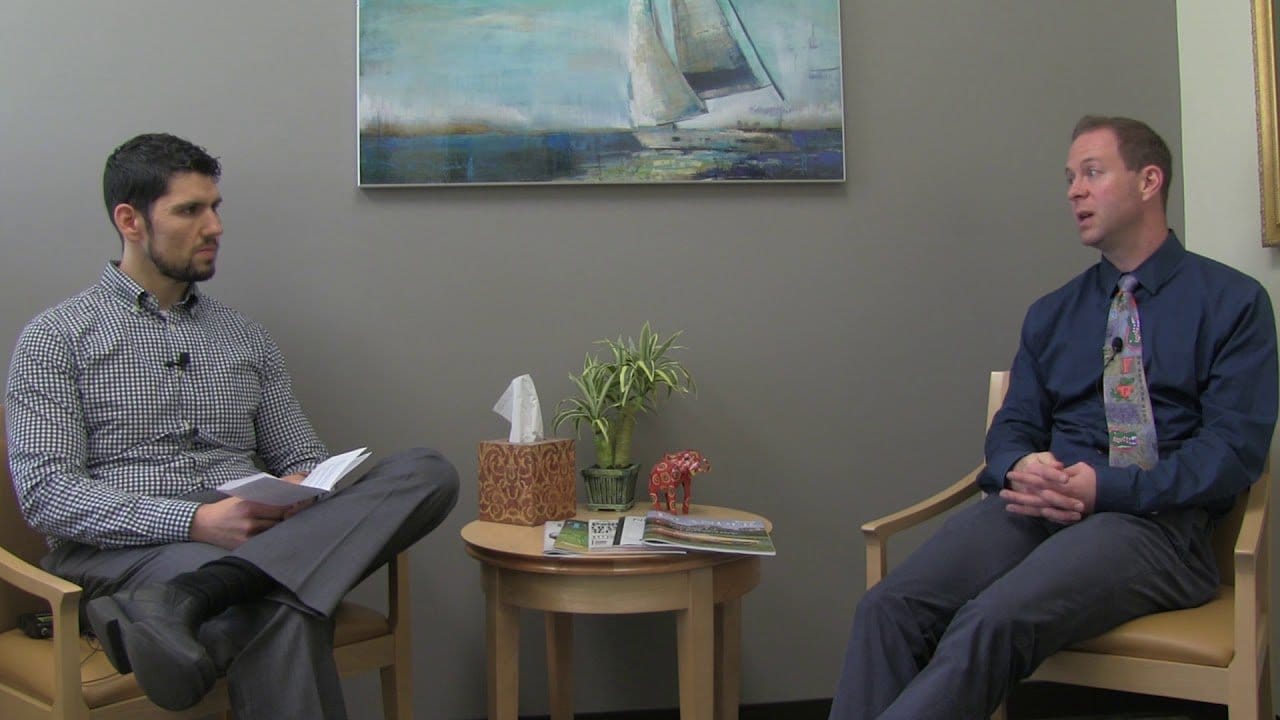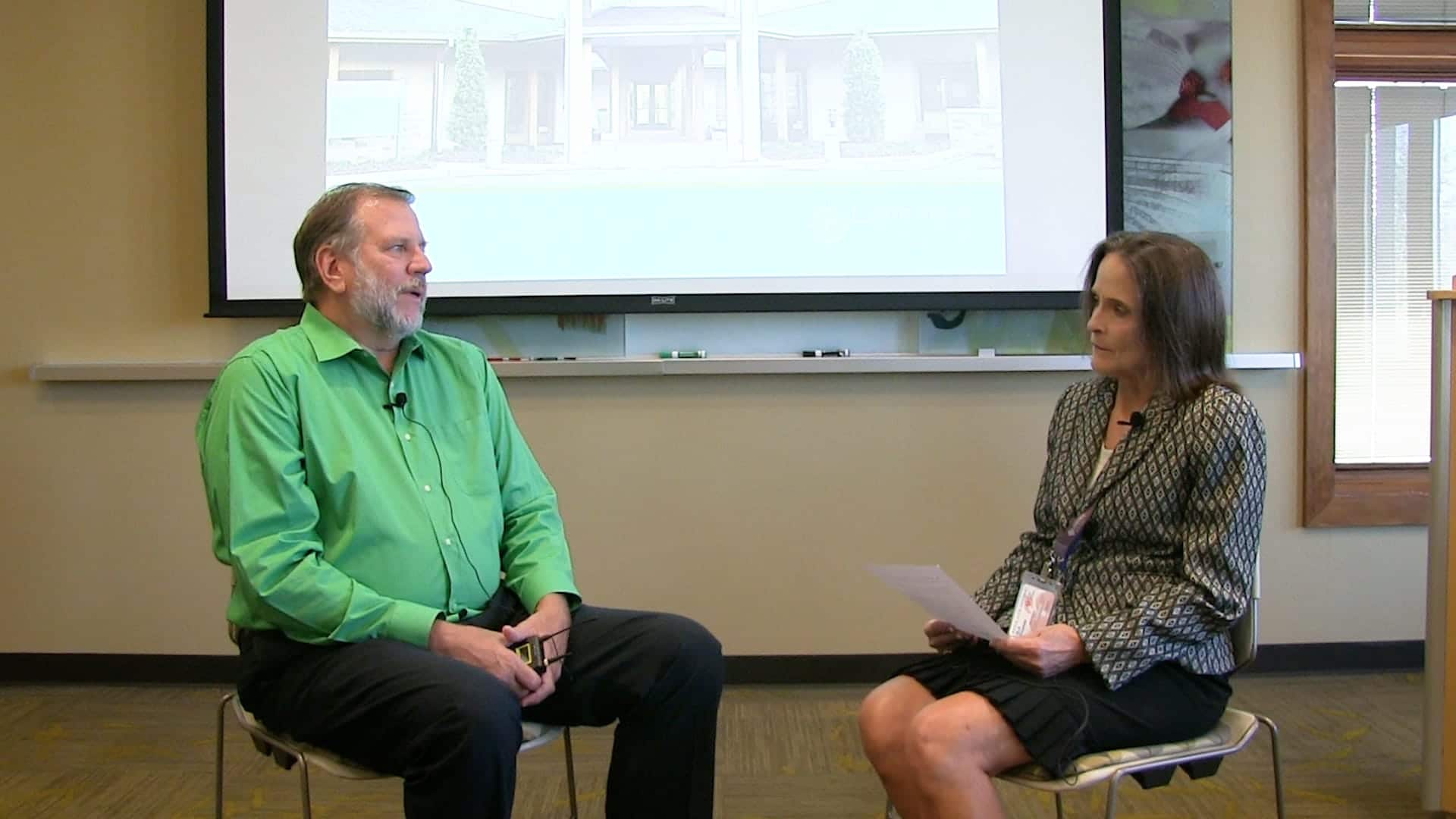In this podcast, Dr. Sheraz Mirza describes how the doctors in Utilization Review work with our clinicians and intake services team to make sure insurance providers cover as much of treatment as possible for our patients.
Podcast Transcript
Gina Thorne: Hi everyone, this is Gina Thorne and I’m here today with Dr. Sheraz Mirza. He is a physician with our utilization review program here at Lakeview Health. And we’re very excited about the opportunity to learn more about what Dr. Mirza does here, in addition to the importance of utilization review. So, welcome, Dr. Mirza. Sheraz Mirza: Thank you for having me, Gina. Gina: Good. So tell us a little bit about your background. How did you get involved with addiction? Sheraz: Prior to coming in here, I was working in a clinic in Miami Gardens, in indigent population there, and I was approached by a colleague who used to work here, asked me if I was interested in an opportunity and I told him, “Sure.” So, at that time, addiction medicine was relatively new to me. I did not know much about it. So, that was about three years ago and since then I’ve learned a lot. Gina: What do you think about it? Sheraz: It’s definitely something that not a lot of people are aware of a lot of people need to be aware of. It needs to be treated as such as diabetes as we manage other chronic conditions and it’s something that in the field of medicine, I felt, coming out of school, that not a lot of people are exposed to. I mean, younger grads coming out will not know as much about addiction as they do about heart disease. Gina: Right, other chronic diseases. That has been an ongoing issue in the field of addiction, that medicine as a whole does not do enough, I think, to train physicians around the signs and symptoms and how to help patients. So, you’re working in utilization review. So can you describe what your role currently is at Lakeview? Sheraz: I mean, to put it in a nutshell: To get the care that we provide authorized by carriers. But my role in particular – after a while, you sort of want to do more because you get so enmeshed with it (not clinically). But you want to do more. So I have been given the opportunity to do more. I’ve had the opportunity to sit on committees, overlook [sic] some of the staff, help train some of the staff, also partake with intake and get to screen some patients prior to them coming in. Also, procedures and policies, HIPAA compliance – I mean, I’ve been given the privilege to do a lot more so I’m grateful for that. Gina: There’s a lot of interplay between what you do and what you do with the clinical department, what you do with medical and obviously what you do with intake. They all sort of have to work together. Sheraz: Yeah, and we’re sort of the glue that holds all of those departments together. We are the bridge that connects all departments together because intake is all one end and medical is on the other end and sometimes there absolutely needs to be collaboration, but for the most part, utilization review is the bridge that unites the departments. Gina: And what’s interesting is, many people – for those that are listening – consumers who are seeking treatment, they often worry about the financial piece when they come in for residential treatment. They wonder if their insurance is going to cover it and how long will they cover it, and of course we feel at Lakeview, the longer someone’s in treatment, the better success rates they have. So much of what you do in utilization review is trying to help patients stay in treatment. Sheraz: That’s correct. We, in general, are an aggressive department. We try to, you know, advocate for the patients as much as we are allowed to. And sometimes it will be days that go by and we’re advocating for the same patient and it requires a lot more work than some of the other patients, but that’s part of what we have to do, what we want to do for our patients. Gina: That’s wonderful. I know patients have been very thankful as well as the families. So there have been some substantial changes at Lakeview over the last 18 months or so and you’ve been with the company for a little bit. So can you tell us how that change has impacted the organization and most specifically how it’s contributed to good patient care? Sheraz: Right off the top, what I can think of is training for the staff and the staff ultimately are providing care. So we started from there. I remember the 12-step groups that we all had to go through. We did the ASAM training for even the folks who are not reviewing for ASAM but you know, are providing care at ASAM level. On the clinical side, Jamie has changed pretty much the face of the whole program: experiential, equine, brought Lauren on board with the eat right, live right mentality. And that itself has started to transition into employees as well. I remember there was something sent out via Lauren, and you know, you guys are trying to bring that on to the employees and helping employees can only provide better care for the patients as well, also. The other part of that, aside from the training and the changes, the leadership itself: Roy, his concept of servant leadership has been huge. That seed when Roy came on board was planted maybe a year ago, a year and a half ago, and since then the plant grew and now we’re getting the fruit from that tree and it’s very evident from three years ago until now. Gina: That’s a great analogy. I think you’re right. We planted a seed a year ago and now we’re starting to see the fruit of all of that, which is wonderful. So we’ve adopted a new tagline at Lakeview: “Find Your True North.” As a member of the Lakeview community, what does that mean to you? Sheraz: For me, it’s more about being proud of what you do. Being proud of what you do on an everyday basis. Right now, there’s a lot of people in Lakeview who empower others and you feed off of your coworkers, your colleagues, your peers, and you know if you’re having a rough day, hey lift you and then they bring you back to the reality that you have to get through today. And there’s individuals each day they help me find my true north and sort of just remind me that, “Hey, I know you’re having a bad day, but there’s people that are suffering who need you and who you need to do better for to get through your day.” And for me personally, that’s my definition of finding my true north. Gina: That’s a great message. Thank you, Dr. Mirza, for your time. It was a pleasure speaking with you. And for those of you that are interested in learning more about Lakeview, we invite you to visit us at lakeviewtreatmentcenter.com. If you know someone struggling with a problem with addiction, feel free to call us at [Direct].




